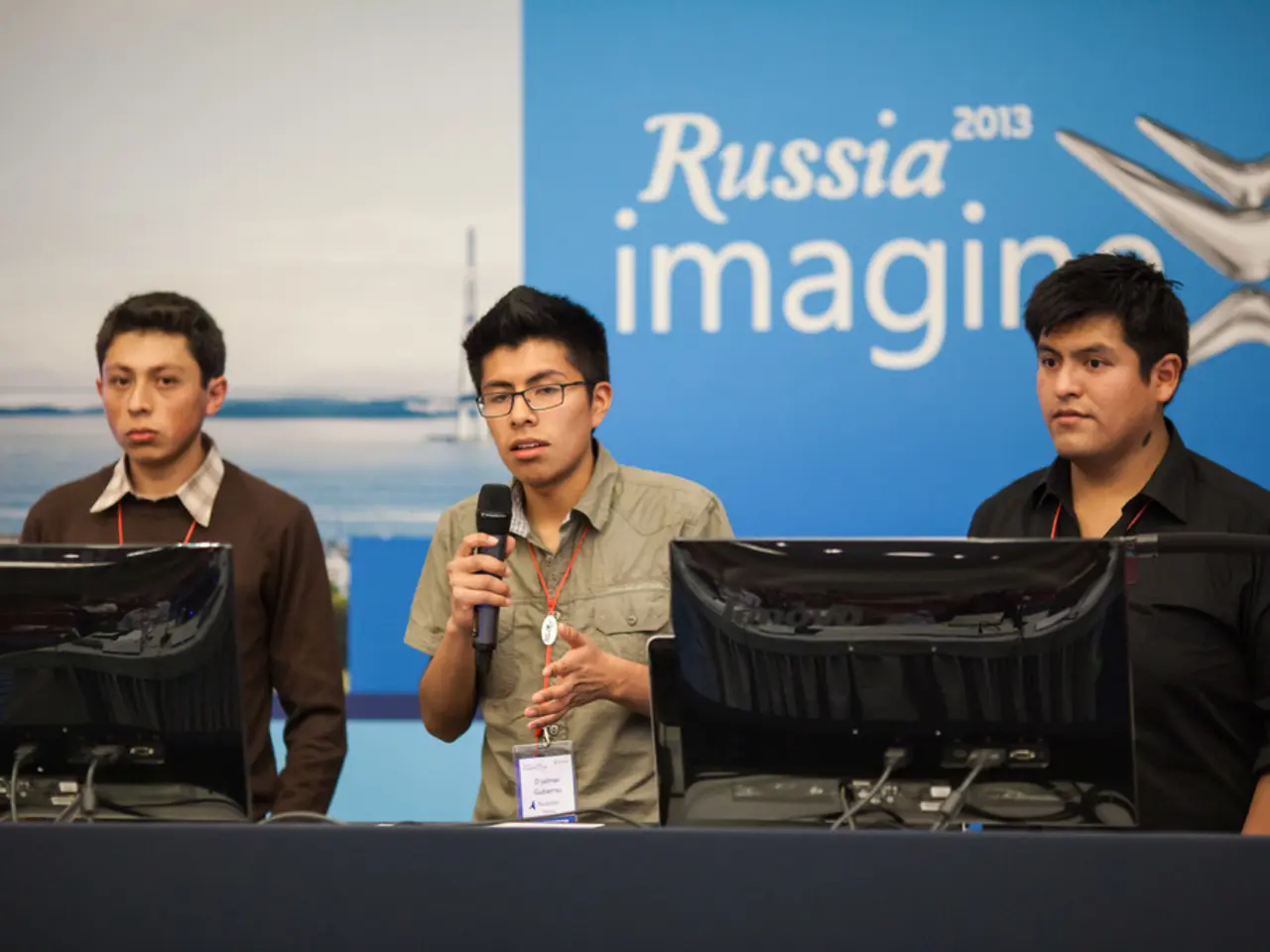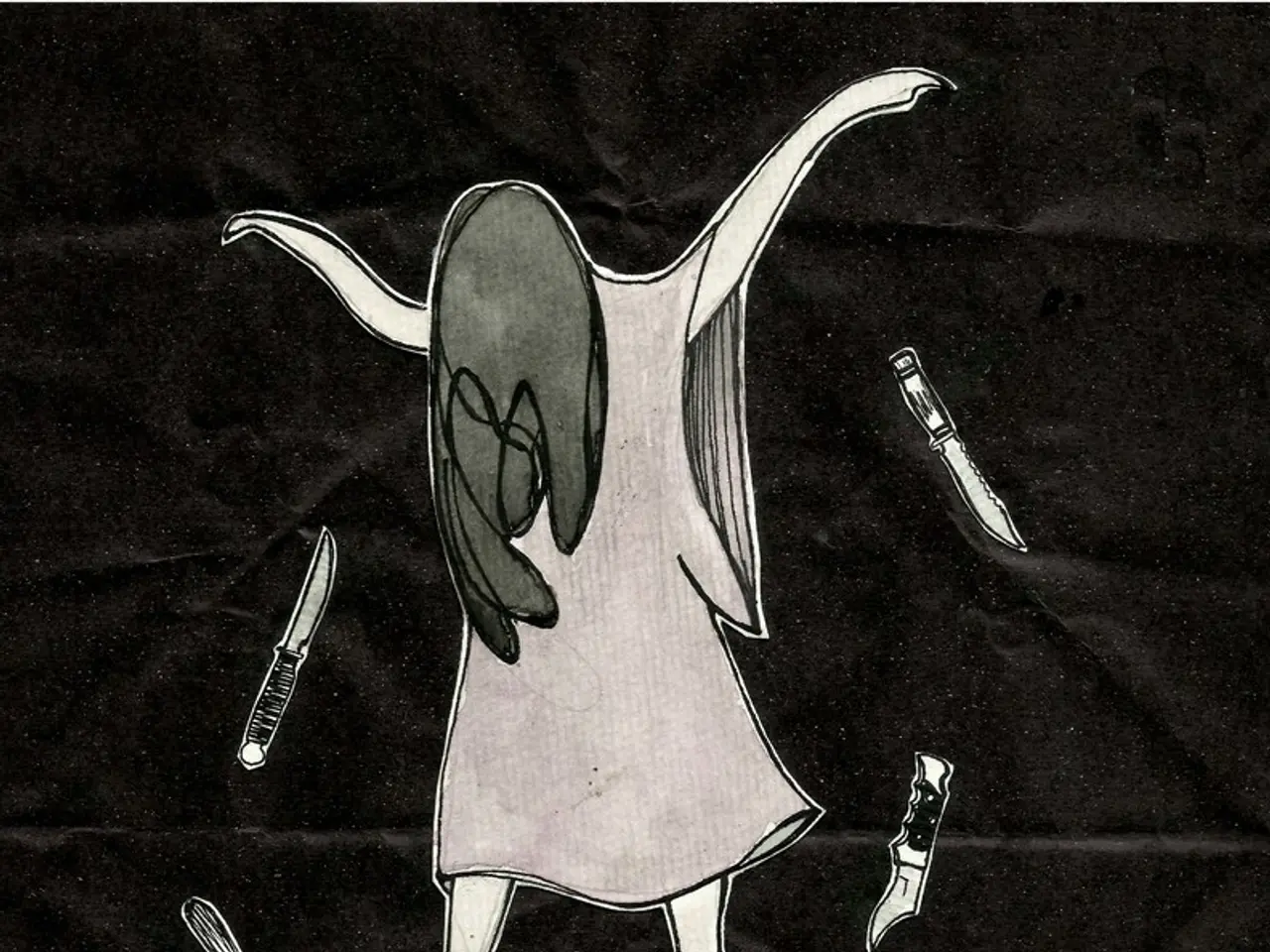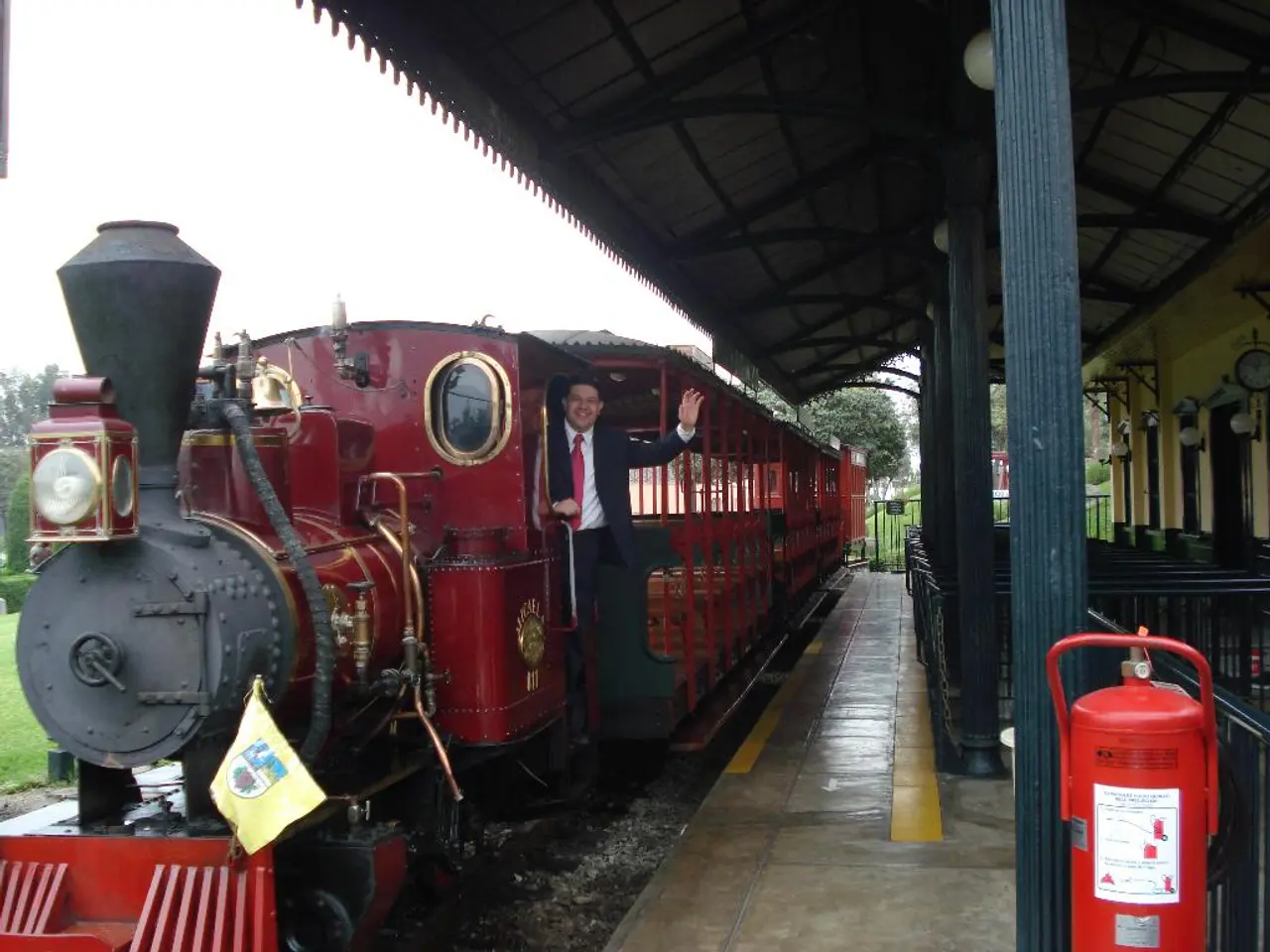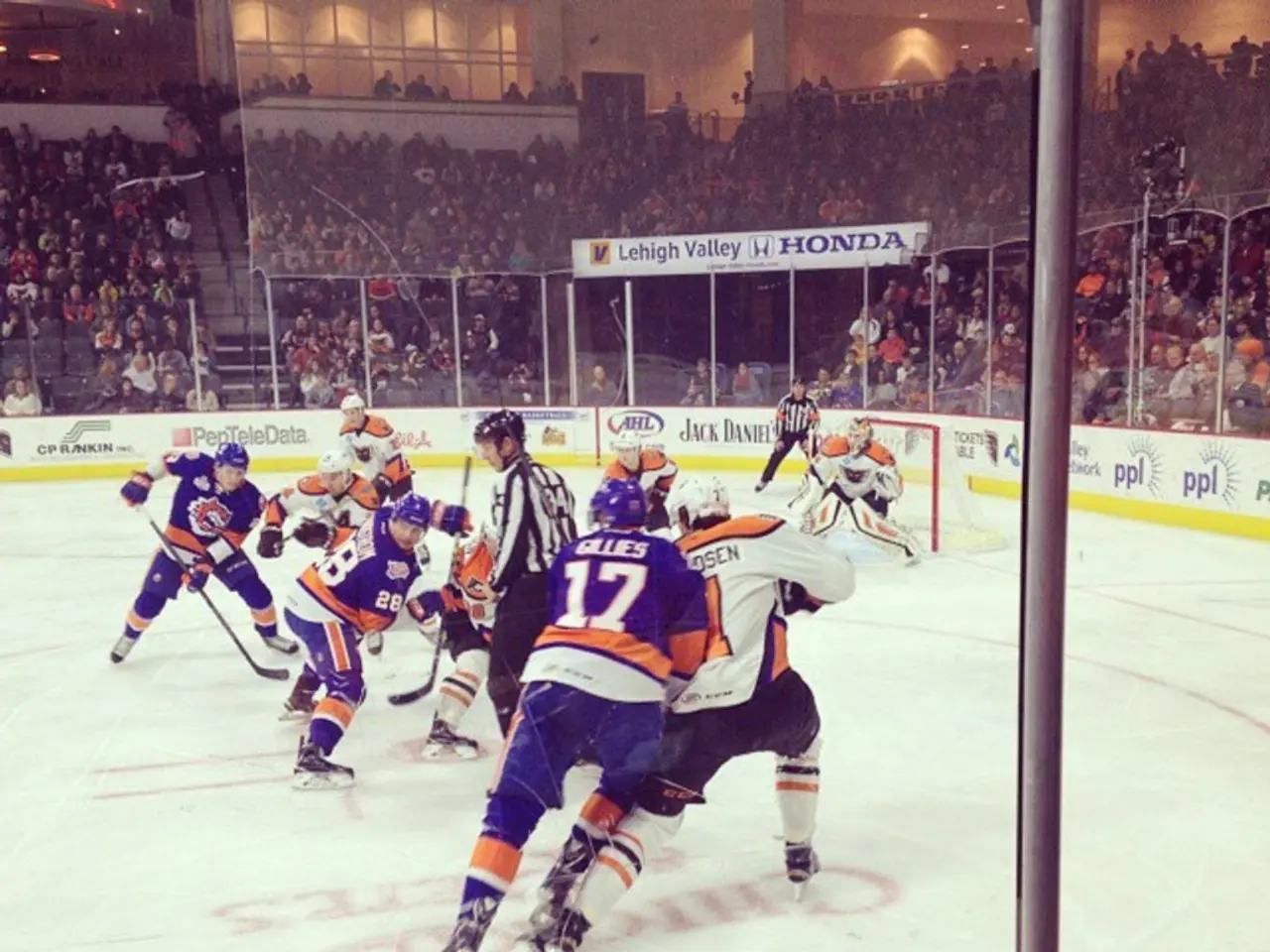Fresh Take: The State of German-Russian Relations
Merz and Putin are open for dialogue
In the bustling city of St. Petersburg, Russian President Vladimir Putin has extended an invitation to German Chancellor Friedrich Merz for a conversation, expressing that Russia is always open to such dialogue. However, Putin has made it clear that he views Germany as anything but neutral in the Ukraine conflict, given Germany's delivery of tanks to Ukraine and its direct involvement in the conflict[5][1][4].
Regarding the ongoing attack on Ukraine, Putin asserts that Russia does not consider Germany as a potential mediator due to this perceived bias. The Kremlin chief expressed these sentiments during a meeting with international news agencies for the first time since Merz's election in May. Merz has yet to engage in direct talks with Putin, but has consistently urged for a ceasefire in the Russian attack on Ukraine - to no avail[5].
Relations between the two countries are at an all-time low, with Moscow expressing particular concern over the potential delivery of the Taurus cruise missile to Ukraine for attacks on Russian territory[5][1][4]. Vyacheslav Volodin, the speaker of the Russian State Duma, has even warned the German Bundestag of an escalation in tensions, citing statements by Merz as a reason[5].
Volodin asserted that Germany is increasingly being drawn into a military action against Russia due to its support for Ukraine, while simultaneously claiming that Russia has not taken any steps against Germany's interests. This statement, however, overlooks a series of actions, including the hacker attack on the Bundestag in 2015, the murder of a Georgian by a Russian secret service agent in 2019, an arson attack on a cargo plane, and recent espionage activities against the Bundeswehr[5].
During the opening of the St. Petersburg International Economic Forum, Putin took the opportunity to voice Russia's stance in an unfiltered Q&A session with Western journalists. The forum serves as a platform for Russia to present itself to the world, defy international isolation, and engage in economic activity despite sanctions[5].
Approximately 20,000 participants from 140 countries are expected to attend the forum until Saturday, with Putin delivering an economic policy speech and addressing questions on a panel on this Friday. Despite limited economic contacts, many entrepreneurs and speakers from Western states are attending the forum. Nevertheless, Russia's economy is grappling with high inflation and a high key interest rate, making investments costly[5].
Additional Insights:
- Putin's reference to a possible business dialogue with the USA suggests a potential re-escalation of relations between Russia and the United States[5][2].
- The SPIEF has historically been used as a means to bypass international sanctions imposed on Russia[5].
- The war economy and raw material sales continue to contribute to Russia's relatively high economic growth, but the country faces challenges associated with high inflation and an expensive key interest rate[5].
1.Migration policies between Germany and Russia may be impacted due to the ongoing tensions, as the relations between the two countries are at an all-time low.
- In the realm of general news, the conflict in Ukraine and Russia's perception of Germany's involvement have led to a significant shift in German-Russian relations.
- Crime and justice issues, such as the hacker attack on the Bundestag in 2015, the murder of a Georgian by a Russian secret service agent in 2019, and recent espionage activities against the Bundeswehr, have added complex layers to the German-Russian relationship.
- politics play a crucial role in this situation, as Germany's delivery of tanks to Ukraine and its direct involvement in the conflict have been perceived as bias by Russian President Vladimir Putin.
- According to Vyacheslav Volodin, the speaker of the Russian State Duma, Germany is increasingly being drawn into a military action against Russia due to its support for Ukraine. This assertion, however, disregards a series of conflicts between the two countries, such as car-accidents and fires attributed to espionage activities.







